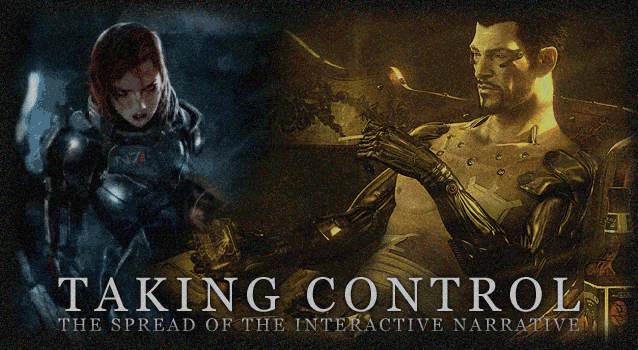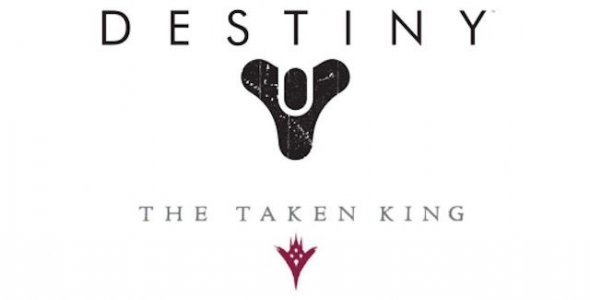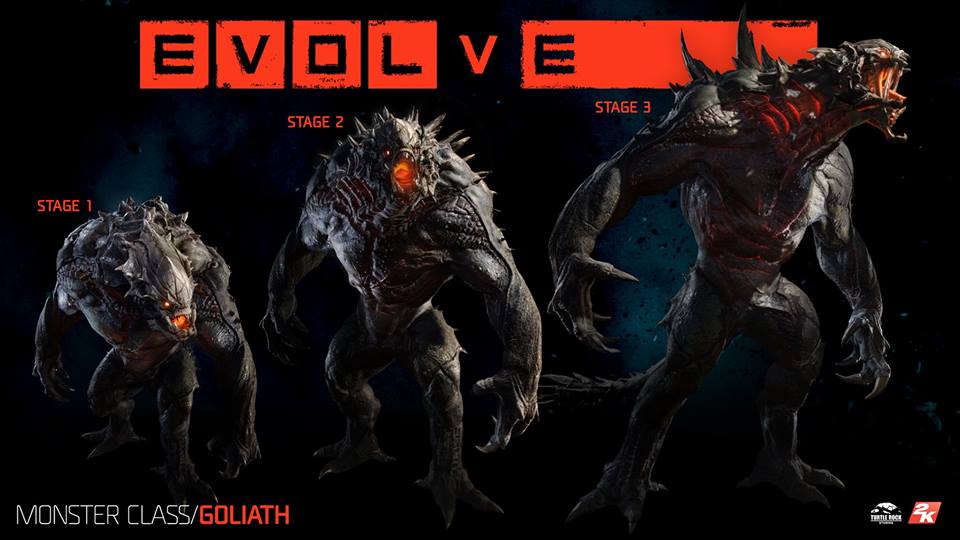


It is unarguable that games have always held the ability to tell stories. Sometimes the story is told through the narrative of the game itself, and other times it is told through the imagination of the player. That is the beauty of games as stories: unlike a book or movie, it is completely interactive. By taking control of a character, puzzle piece, computer chip, or pixilated dots, the player has the ability to control their experience within the game. In this respect, many video games can be considered an interactive narrative; the player chooses whether to save a character, whether they can beat a certain boss, and ultimately whether they reach the end of the game or not.
However, the substantial technological advances within the past decade have pushed the narrative aspect of video games to the next level. In the past decade these games have gone from pictures and text to massive worlds with lore as rich as that of Middle Earth. An increase in the power and sophistication involved in the creation of game engines has only furthered the imersion experienced by the player – both because of the consequences of your actions and the reactions of the world itself. This is what helped put companies like Bioware on the map. I myself am still amazed that the actions I preformed two games earlier are taken into account in the 3rd installment of Mass Effect.

What is it that is making this type of gameplay so revolutionary? Why was the ending to Mass Effect 3 so absurdly controversial? (And let’s be real, there have been horrible game endings before).
One thing is the ability to make distinct choices, choices that have consequences in both the physical and emotional realm of the character.One thing is the ability to make distinct choices, choices that have consequences in both the physical and emotional realm of the character. These actions and consequences become a part of the player, which is something that often makes the player extremely invested in the game. It establishes a deep emotional investment in the characters – both the ones you create and the ones you interact with. I’m all for some Link and Zelda loving, but if something happened to Zelda, I would gladly hop on Epona and go on a date with the cute ranch girl Milon. If something happened to Alistair in Dragon Age, I’m pretty sure my controller would meet the screen of my television. Bad plan. This immersion in the game world along with the characters is one of the reasons the Mass Effect 3 ending was so controversial. People had spent years in the shoes of Commander Shepard, hours thinking what actions they should take, and their investment meant that the ending of the game was not something to be taken lightly; their emotions were completely tied to it.
The consequences that create so much attachment also create novel surprises and add replay value. I very much enjoyed playing through Mass Effect and Dragon Age at the same time as my roommate, as we were able to discuss the differences in the plot based on our different actions throughout the games. What was the most interesting is that the games ended up completely different: something thing that happened in her game would never happen in mine, and vice versa. This always left me with a feeling that my exploration of the world was incomplete. It’s a feeling that inspires a large about of replay value; a value that increases with the advancements of interactions. It is a marvelous thing to have the ability to replay the same game and never have the same experience twice.
As an English major I have a weak spot for games with unique narratives, and the advances in the field of interactive narratives definitely gets me excited about the future of the industry as a whole. Video games provide a great medium for storytelling, and the beautiful thing is that they can do more than that. So are interactive narrative games taking gaming itself to the next level? Will these aspects stick to the realm of roleplaying, or will they spread to genres like real time strategy or action games? We have already seen glimpses of their aspects in a multitude of games -- including survival horror games like Silent Hill and in the mission choices of Starcraft 2. We have seen games like Deus Ex, a successful blend of multiple genres, with an interactive narrative style. From these games (and many others) I think it is safe to say that the attractive aspects of interactive narratives are going to be continuing their rather successful march into the future of games – a future I am looking forward to.




 Why Isn't Linux Mainstream? 5 Flaws That Need Fixing
Why Isn't Linux Mainstream? 5 Flaws That Need Fixing Destiny: The Taken King Tricks to Get Ir Anuk & Ir Halak Grimoire Cards
Destiny: The Taken King Tricks to Get Ir Anuk & Ir Halak Grimoire Cards Heroes Of The Storm: Butcher Assassin Build Guide
Heroes Of The Storm: Butcher Assassin Build Guide Fallout 4 Guide: PC Performance INI Tweaks
Fallout 4 Guide: PC Performance INI Tweaks Evolve - Monster Tips - Become the Perfect Monster
Evolve - Monster Tips - Become the Perfect Monster